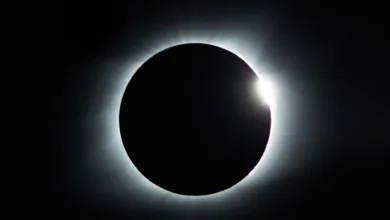Water: Our Unquenchable Desire for More
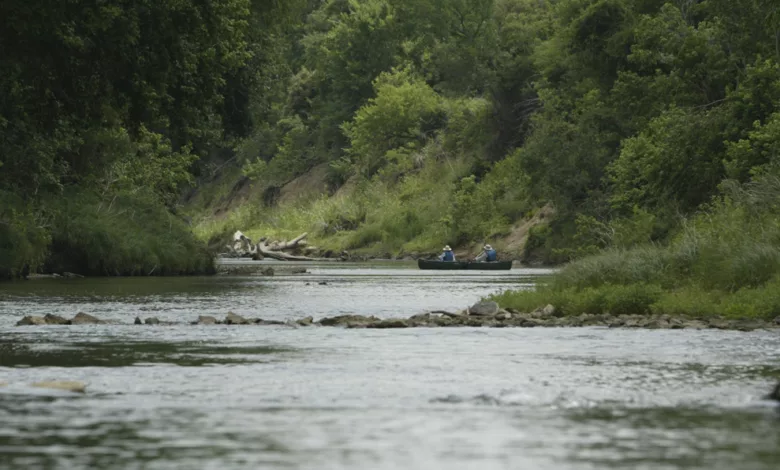
The western sky glows like a burning ember. The deck beneath your feet shifts with each wave. As your ship sails towards the distant horizon, you are wary and concerned: That water is going to plunge off the edge, and you and your craft will likely fall into oblivion.
This is what you’d think if you were a 6th century BCE sailor who was certain the Earth was flat. You would disappear over the edge, never to be seen again. If this were true, we would have run out of water long ago.
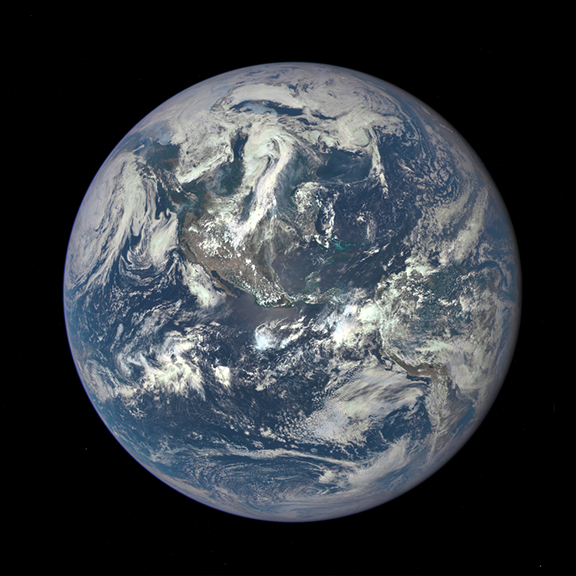
Around 500 BCE, the Greek mathematician Pythagoras proposed that the Earth must be round. Later, another Greek named Anaxagoras determined the cause of solar and lunar eclipses, which proved the Earth’s actual shape. Eratosthenes would eventually estimate the circumference of the Earth to be between 24,000 and 29,000 miles long. We now know Earth measures 24,900 miles at the equator.
A planet this immense is made up of a lot of water. Although 70-75% of the planet is covered in water, about 97% of Earth’s water is saltwater and only about 3% fresh water. Of that, only about 1% is easily obtainable from rivers and lakes. With more than 7 billion thirsty people now occupying the planet, the demand for this precious resource is only increasing. However, the global scale is a difficult concept to grasp, so let’s focus on our home state of Texas.
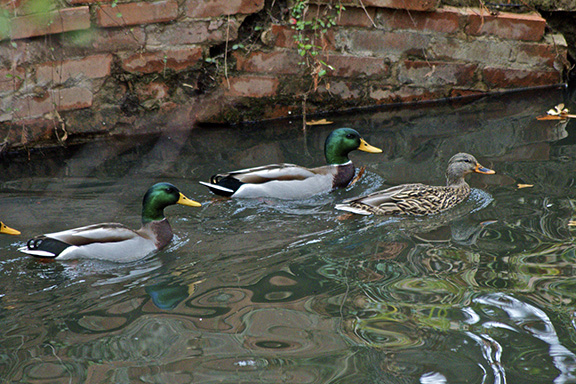
According to the Texas Parks and Wildlife Department, Texas has nearly 200,000 miles of streams and rivers and approximately 1.7 million acres of reservoirs and public water impoundments. We have 15 major river basins that fill these reservoirs and drain into the Gulf of Mexico. Along with the 29.4 million people who call Texas home, there are innumerable plant and animal species that require water. The biodiversity of Texas is entirely dependent upon accessibility to water.
Some may think, so what? We haven’t run out yet and, after all, it still rains. This is a reversion to 6th century BCE sailor mentality when the hydrological system was not yet understood. The water we have now is all the water we will ever have. The planet is a recycler on an enormous scale, beginning with all that saltwater.
Although our oceans are vast and deep, they are not immune to human destruction. Recent studies in ocean pollution show massive declines in fish and marine mammal populations — directly traceable to human imprudence and irresponsibility. Since our water cycle starts with ocean water evaporation, we must protect this resource for the animals living there and, subsequently, ourselves.

Water is a resource people tend to take for granted. If the faucet handle turns and water comes out, we assume we are fine. It goes much deeper than that. Everyone competes for a portion of our finite water supply. Other places across the planet are much worse off and spend large portions of their day simply trying to obtain enough water to survive.
In 2011, Texas experienced its driest year on record. Ran fell an average of 14.8 inches that year.
This was mostly due to the La Niña weather pattern and exacerbated by the warming temperatures of climate change. Of course, fluctuations in weather patterns occur, and this alone will not create a worldwide shortage of water. But it shows how humans affect the water supply by contributing to climate change.
Pollution also creates significant problems with our water. Pesticides, herbicides, and fertilizers wash into the streets if over-applied, in turn proceeding into storm drains and eventually into major rivers.
Fertilizer alone creates problems like algal blooms, which cause major oxygen depletion in the water. The organisms that live in this water require oxygen to survive. Many once-healthy waterways are now unable to sustain life due to urban runoff.
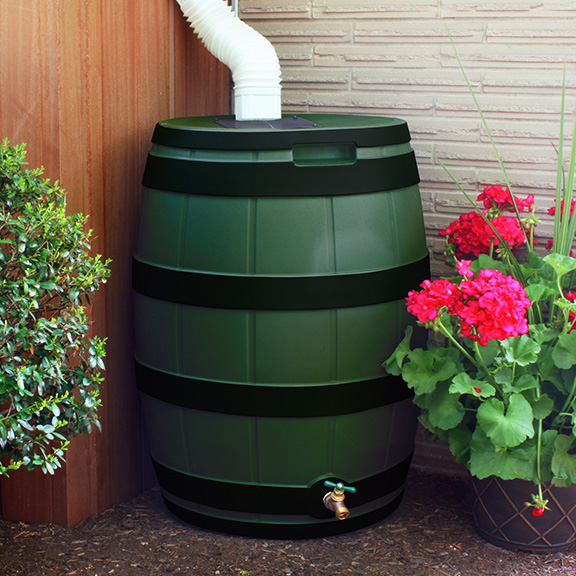 So, what does water conservation mean to us personally?Water conservation is about using water efficiently and responsibly. This step can be a small one. Merely taking shorter showers, adjusting sprinklers to water your yard and not the driveway or street, repairing leaky faucets, landscaping with drought-tolerant native plants, applying fertilizer at the appropriate rate, and installing rain barrels can make a difference.
So, what does water conservation mean to us personally?Water conservation is about using water efficiently and responsibly. This step can be a small one. Merely taking shorter showers, adjusting sprinklers to water your yard and not the driveway or street, repairing leaky faucets, landscaping with drought-tolerant native plants, applying fertilizer at the appropriate rate, and installing rain barrels can make a difference.
Every drop matters, and every step helps. Remember, everything’s connected, and we all live downstream!
To learn more about how you can help conserve water and preserve the Trinity River’s unique ecosystem, visit www.riverlegacy.org.





